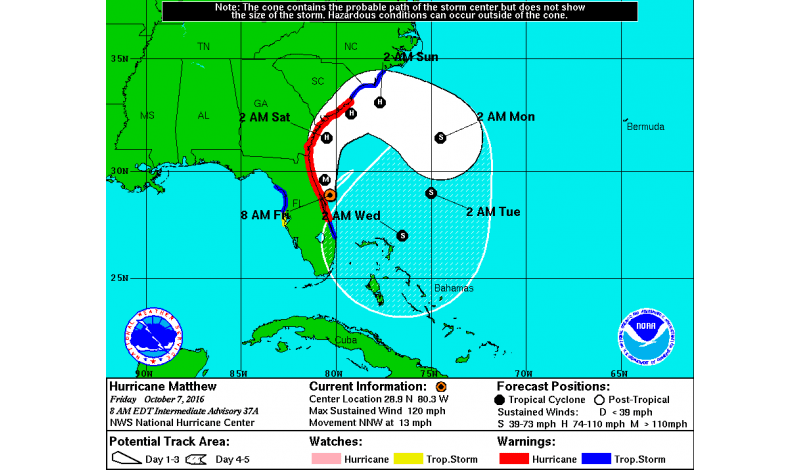WASHINGTON— In Haiti’s worst hit areas, 80 percent of buildings have been damaged by Hurricane Matthew—cropland destroyed, palm trees flattened for miles, homes missing their roofs.
That’s what Margaret Traub, head of Global Initiatives for the International Medical Corps, said she saw as she flew over the country over the weekend.
“The devastation cannot be underestimated—it’s really massive,” Traub told companies in a Monday webinar. “And while the storm was bad enough, we could see disease outbreaks that could be extremely serious and could kill hundreds and hundreds, if not thousands.”
In the webinar, hosted by the U.S. Chamber of Commerce Foundation Corporate Citizenship Center, companies interested in aiding the response and recovery operations learned about domestic and foreign efforts already under way.
“Most impacted communes are still only accessible by helicopters,” Laura Cardinal, the director of humanitarian response for Save the Children said. “Of the 2 million people impacted by the earthquake, 1.4 million are in need of some sort of assistance.”
Private-sector local partners have been key in delivering relief to remote areas that have been hit, and it is important the relief keep going out, officials said.
Companies can contribute cash to non-governmental organizations such as Save the Children, which Cardinal said has set an initial target of $5 million to reach 200,000 beneficiaries throughout the Caribbean region.
More than 1,000 people died in Haiti as a result of the storm and a cholera outbreak, and more than 500,000 are stranded in the southern part of the island nation. Matthew hit the country as it was still recovering from the 2010 earthquake.
The hurricane roared from the Caribbean to the South Atlantic coast of the U.S., where the death toll stood at 17 Monday.
On the domestic front, the American Red Cross has launched a massive sheltering operation across Florida, Georgia and South Carolina, with more than 27,000 people seeking refuge.
But Jono Anzalone, of the American Red Cross, said “we know we can’t do this alone.” He called for interagency coordination because private sector contributions allow humanitarian organizations to implement efforts much more quickly.
In a partnership between public and private stakeholders, the National Business Emergency Operations Center coordinated with the Federal Emergency Management Agency to deliver over 5 million meals, some 924,000 gallons of water, 69,000 blankets to impacted states, said Rob Glenn, the director of the private sector division of FEMA.
As demonstrated with the center’s efforts to provide food, water and blankets, the private sector can aid in other ways than just donating hard cash in the U.S., Haiti and other places hit by Matthew, officials said.
Humanitarian organizations need specific medical equipment, best obtained in or near a devastated area, rather than shipping in products from elsewhere. Operating that way helps reinvigorate the economy and offset economic costs.
“We know that the days and months ahead are just now starting to count, so to speak,” Anzalone said. “It’s about really activating our partners such as the Salvation Army, Southern Baptist and the other volunteering and faith based organizations, as well as mobilization with the private sector.”


